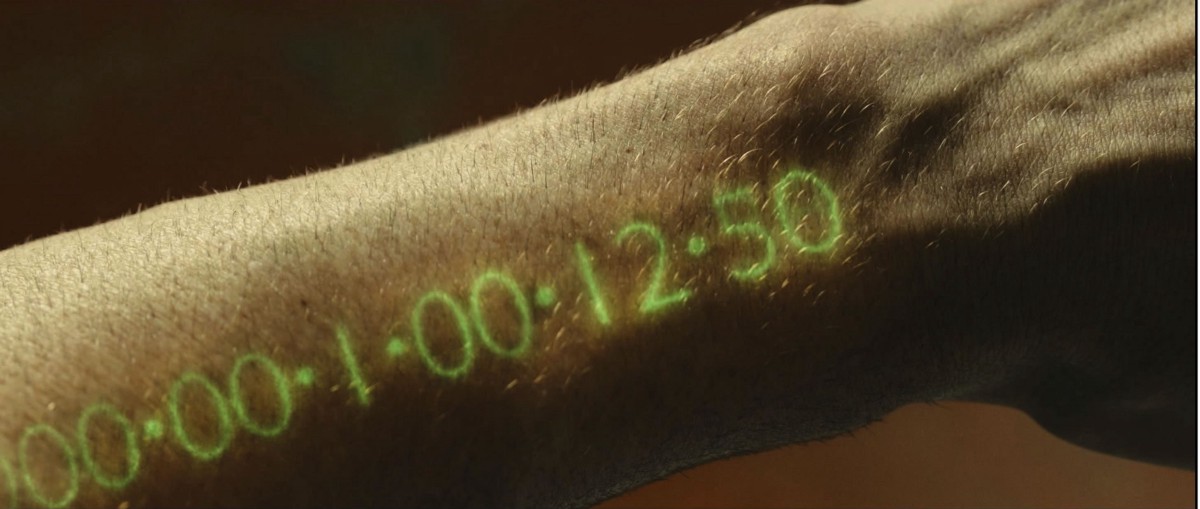
I often refer to Bernard Lietaer, my late friend, and his work on community currencies. You can read his book for free here. It got me into a whole load of other areas from the Long Now to time as a currency. Have you thought about time as a currency?
Maybe my favourite example of this is the Japanese Fureai Kippu. This time-based service began in the 1990s, and is based upon the idea that young people care for old people. Bearing in mind Japan’s ageing population, that makes sense. The thing is that the time units you earn can be traded. So, you look after your next door neighbour who is house-bound and do their shopping two or three times a week, and you earn ten Fureai Kippu. You then swap your ten Fureai Kippu with a student in the town where your mum and dad live, and they do their shopping two or three times a week.
A beautiful idea.
It takes stress off the welfare and medical systems, and has proven to give a better level of care than if you were in those systems. After all, if I’m looking after your mum and dad, I would treat them with the same level of care that I would give to my mum and dad because I expect you to do that too.
But the idea of an hour of caring being worth something is not unique to Japan. China, America and other countries have introduced the idea of time as a currency.
The example in America is actually called Time Dollars, created by the late Edgar Stuart Cahn, an American law professor, a counsel and speech writer to Robert F. Kennedy, and the creator of TimeBanking. You can read his detailed outline of how this works here, but the basic idea is similar to Fureai Kippu.
The basics are that you look after your neighbours. If someone cannot shop, you shop for them and earn time dollars. If someone is not well enough to mow their lawn, you do it for them and earn time dollars. If someone is going to leave their home for a week, you look after them home for them and earn time dollars.
A valuable concept.
It reminds me of the Long Now and Long Finance, of which I have written about often and, in particular, of the Long Clock. The emphasis is the importance of time and the clock will ring on the hour, every hour, for the next 10,000 years or more.
A fascinating project.
But, all in all, complimentary and community currencies, and the idea of exchanging time for service, is nothing new. It’s a basic of humanity.
I originally thought that the emergence of currencies was to replace barter. But humans didn’t barter originally. We traded time.
If a neighbour needed help, we would cook or hunt or look after them with no expectation of any returns. It’s just good community service. The thing is, you know that if you do that cooking, hunting or caring that, when you need it, they will pay it back.
Communities relied on “gift economies,” which went something like this: If you were a baker who needed meat, you didn’t offer your bagels for the butcher’s steaks. Instead, you got your wife to hint to the butcher’s wife that you two were low on iron, and she’d say something like “Oh really? Have a hamburger, we’ve got plenty!” Down the line, the butcher might want a birthday cake, or help moving to a new apartment, and you’d help him out.
From The Atlantic
Pay it back or pay it forward, it’s your choice. Either way, time as a currency is part of the ethos of why were are humans.
Chris M Skinner
Chris Skinner is best known as an independent commentator on the financial markets through his blog, TheFinanser.com, as author of the bestselling book Digital Bank, and Chair of the European networking forum the Financial Services Club. He has been voted one of the most influential people in banking by The Financial Brand (as well as one of the best blogs), a FinTech Titan (Next Bank), one of the Fintech Leaders you need to follow (City AM, Deluxe and Jax Finance), as well as one of the Top 40 most influential people in financial technology by the Wall Street Journal's Financial News. To learn more click here...


